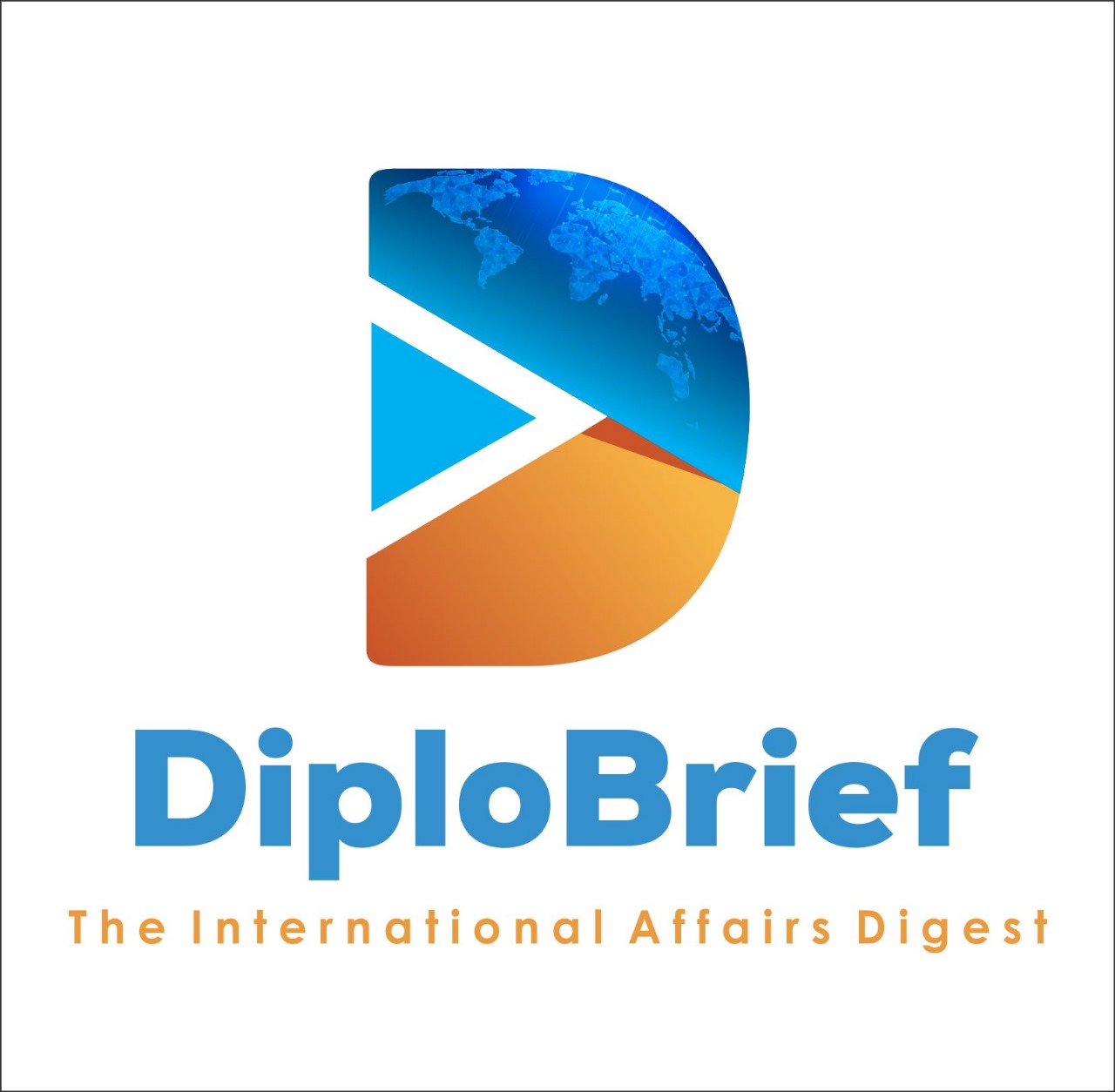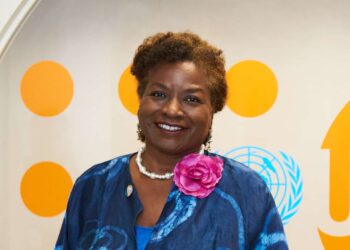NAIROBI – The international community has collectively condemned the coup in Gabon.
Through different statements, the United Nations, the African Union, the US and France have all called for the return to civilian rule, which appears impractical as senior military officers in the Central African country have already installed a transitional President.
The coup leaders named Gen. Brice Oligui Nguema as Gabon’s new leader, the presidential guard chief said to be Ali Bongo’s cousin from a clan that has ruled the country for at least 53 years.
UN Secretary General Antonio Guterres in a statement Wednesday said he firmly condemns what he termed as “ongoing coup attempt as a means to resolve the post-electoral crisis”.
“The Secretary-General calls on all actors involved to exercise restraint, engage in an inclusive and meaningful dialogue and ensure that the rule of law and human rights are fully respected. He also calls on the national army and security forces to guarantee the physical integrity of the President of the Republic and his family,” the statement by UN said, adding that it stands by the people of Gabon.
Guterres also said he notes with deep concern the announcement of the election results amidst reports of serious infringements of fundamental freedoms.
In the same breath, AU Commission Chairperson Moussa Faki Mahamat condemned the coup, saying it constitutes a flagrant violation of the legal and political instruments of the African Union, including the African Charter on Elections, Democracy and Governance.
He furthered called on the national army and security forces to adhere to their republican vocation and to guarantee the physical integrity of President Ali Bongo, members of his family, and those of his government.
“The Chairman of the Commission encourages all political, civil and military actors in Gabon to give priority to peaceful political avenues, and a rapid return to democratic constitutional order in the country,” the AU statement said without addressing the Saturday election, which is said to have been marred by irregularities.
The overthrown government also declared a curfew and shut the internet during the counting of the votes, in which Bongo reportedly won by 64 per cent.
AU’s Peace and Security Council was expected to meet on Thursday to discuss the coup and the way forward.
Much of remaining oil to come from Gabon, Chad, Congo, Ghana and Equatorial Guinea
The US State Department said it remains strongly opposed to military seizures or unconstitutional transfers of power and urged the military to release and ensure the safety of members of government and their families and to preserve civilian rule.
Deposed President Bongo on Wednesday in a video said he was under house arrest and didn’t know where his wife and son were.
The US called on the Gabonese soldiers to show restraint and respect for human rights and to address their concerns peacefully through dialogue following the announcement of election results.
“We also note with concern the lack of transparency and reports of irregularities surrounding the election. The United States stands with the people of Gabon,” it said.
France, which has had Gabon on chokehold since independence, condemned the military take over.
Government spokesman Olivier Veran told reporters in Paris it was following events “with a lot of attention” and that it “reiterates its desire to see the results of the election respected,” referring to Saturday’s disputed presidential polls.
France has around 400 soldiers permanently deployed in Gabon for training and military support, including at a base in Libreville, and has extensive economic interests in the mining and oil sectors.
Central Africa’s political bloc, the Economic Community of Central African States, condemned the coup in a statement, saying it planned an “imminent” meeting of heads of state to determine how to respond. It did not give a date.
Nigerian President Bola Tinubu, who got to office in May and ECOWAS chairman said on Wednesday he was working closely with other African leaders to contain what he called a “contagion of autocracy” spreading across Africa,













